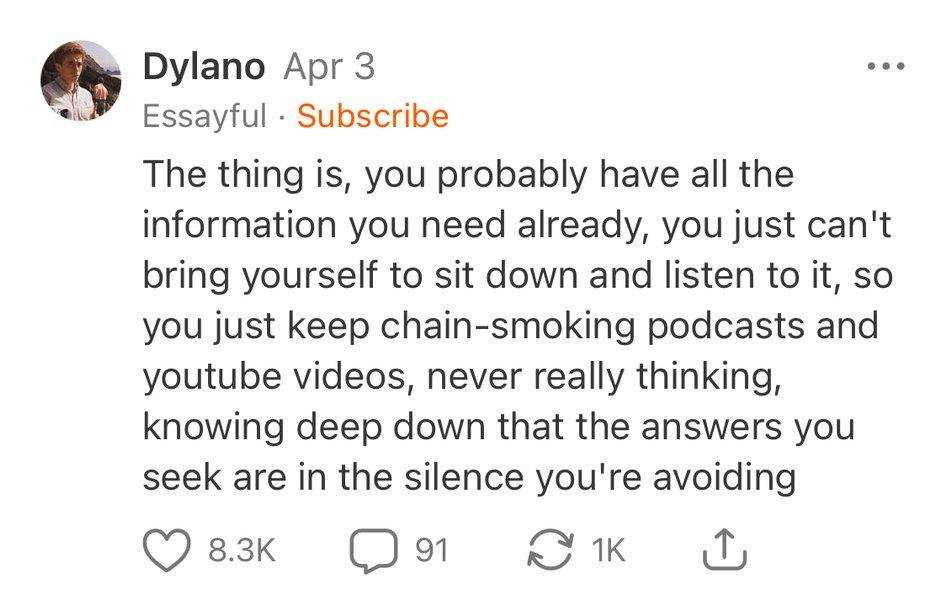Arthur Andreev
@aandreev
Arthur Andreev
@aandreev
Interesting fraud - opportunity in trade finance software space?

Gentleman in Moscow page 30…what a descriptor of a feeling

Gentleman in Moscow pg 25

SUMMARY:
1. Challenging Common Explanations for Crime
The essay starts by questioning popular beliefs that crime is caused mainly by poverty, criminals themselves, or even climate. Instead, it suggests that the structure and psychology of a society’s elite have a much bigger impact on how that society functions—including its crime rates.
2. Elite Formation and the “Marshmallow Test”
Modern elites are selected through a series of tests and hurdles, much like the famous “marshmallow test” (a psychological experiment about delayed gratification).
In today’s world, this means excelling in academics, prestigious institutions, and professional environments.
The process selects not just for intelligence or ability, but for a specific psychological trait: the Desire To Pass Tests—a drive to please authority figures and comply with rules, sometimes to the point of self-denial or unhappiness.
3. Desire vs. Ability
The essay distinguishes between the Desire To Pass Tests (willingness to comply and work hard) and the Ability To Pass Tests (natural talent or intelligence).
Modern systems, especially in places like San Francisco (dominated by tech and bureaucracy), tend to select more for desire/compliance than for raw ability.
4. Consequences of Selecting for Compliance
When a society’s elite is chosen for their ability to comply and pass tests, you get a culture that values non-violence, de-escalation, and consensus.
This can lead to a kind of passivity or aversion to direct conflict—even when it might be necessary.
The essay uses the example of San Francisco’s high property crime rates: the local elite’s aversion to violence and preference for compliance means they tolerate certain crimes rather than respond with force.
5. Contrast with Other Elites (e.g., Venice)
In contrast, historical elites in places like Venice were selected for their willingness and ability to use violence (because their economy depended on maritime trade and defense).
The dominant industry of a city or region shapes the kind of elite it produces, which in turn shapes the city’s culture and approach to conflict.
6. Shame, Guilt, and Social Control
The essay explores how compliance-based elites are motivated by shame (social emotion) and guilt (personal emotion).
This shapes how they respond to crime and disorder: they feel responsible for avoiding conflict and may blame themselves for being victimized, rather than demanding a forceful response.
7. Case Study: San Francisco’s Crime Crackdown
When San Francisco temporarily cracked down on crime for a high-profile international event, crime rates dropped sharply.
This was motivated not by a change in values, but by a sense of shame—wanting to appear orderly to outsiders (like China’s leader Xi Jinping).
The essay suggests that the city’s usual tolerance for property crime is a result of its elite’s compliance-oriented psychology.
8. Big Picture: Economics Shapes Elites, Elites Shape Society
The way a city or society generates wealth determines how its elites are selected.
The character of those elites—whether they’re compliant test-passers or aggressive risk-takers—shapes the society’s culture, politics, and even its tolerance for violence or crime.
9. No Free Lunch
Any approach has trade-offs: a society that selects for compliance and non-violence may tolerate more property crime, while one that selects for aggression may have more direct violence.
The essay isn’t advocating for one system over another, but highlighting how deeply these selection mechanisms shape society.

The idea that social distinctions collapse in large masses.